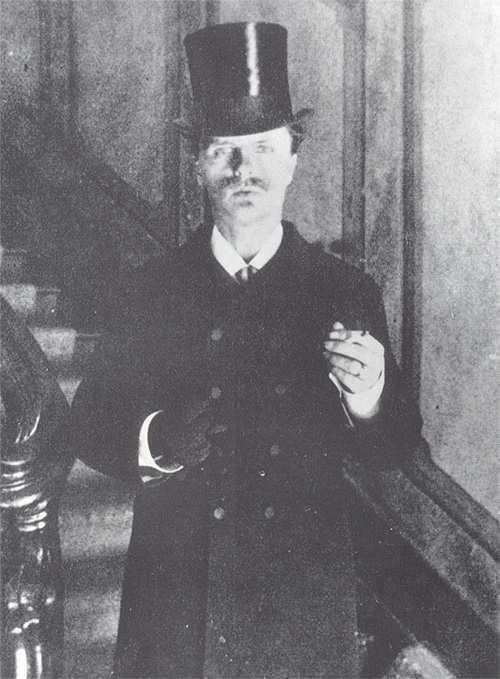

1848 |
Revolutions in Europe |
1853 |
Wagner begins The Ring cycle of operas |
1862 |
Hugo's novel, Les Miserables |
1874 |
Beginnings of Impressionism in painting |
1887 |
Strindberg's The Father; motion picture camera invented |
| 1888 |
Miss Julie |
1898 |
Freud's Interpretation of Dreams |
1899 |
Van Gogh and Gauguin paintings exhibited in Paris; first
German expressionistic gathering
|
1908 |
Strindberg's The Ghost Sonata |
1919 |
Brecht's first play, Baal, appears in Berlin |